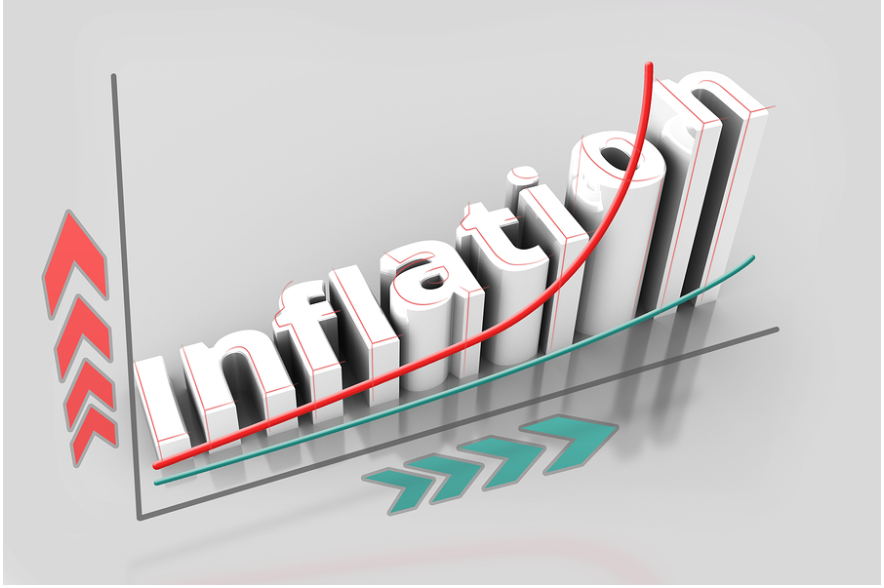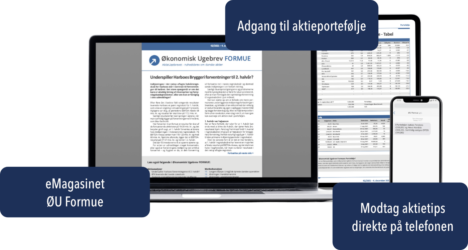By Michael Every of Rabobank
Yesterday’s US PPI report followed the Chinese one in seeing an increase in pipeline price pressures while still understating the degree to which they are actually soaring. Yes, when you are dealing with this many moving parts there is always room for statistical error: and when you are dealing with this many parts that aren’t moving, far more so. What if something simply isn’t available? Does that make it cheap or expensive? Some are running with the idea that ‘PPI has peaked’, ironically just as even the Fed, this time Bullard, is saying inflation is not looking so “transitory”. Ignore the ‘bullish’ PPI report: look at the actual economy.
China is already not exporting fertilizer; or refined fuels; and now it is cutting magnesium production, where it holds a near-total monopoly. It will no doubt serve the local market first, as with phosphates and fuel, but this will hit exports, and leaves EU car producers with stocks that will be depleted by end-November, after which factories likely grind to a halt. Note that in 2001, Europe was forced to close its remaining magnesium production as a consequence of dumped Chinese imports. In North America, Ford has already had to shutter a plant in Mexico due to a shortage of materials.
We also have warnings that US heating bills could be up 50% this winter if temperatures plunge. But in Europe, the surge in the price of natural gas also means fertilizer plants are shutting down – and ‘Fertilizer Group Warns Europe Plant Shutdowns May Turn Permanent’, says Bloomberg. There are open warnings that if things don’t change fast, food production will be hit in 2022 – ‘Europe’s gas price surge is about to hit you in the belly’, says Politico.eu. Again, the US is at the forefront, with the union at Jon Deere, a key producer of global farm and agri machinery, on strike for the first time in years.
Add that action to the long list of anecdotes pointing to an effective grass-roots revolt by workers who, post-Covid, won’t just slot back into their low-paid, under-appreciated, stressful jobs. They want Build Back Better, not rhetoric, long-term promises, and sharply declining real incomes. Even well-paid UK doctors say they don’t want to see patients in person again and would rather quit. What do you do if the supply of doctors dries up? Or truckers? Or anyone key? Goodness, this labor vs. capital thing looks *potentially* different to how we have understood it until recently!
The threat is also that any member of the US Navy who isn’t vaccinated by end-November will be thrown out of the service. I am sure the potential loss of a swathe of the men and women who maintain US military control of the oceans would in no way open up a window of opportunity for geopolitical adventurism that would then smash global supply chains completely. Interwebbish rumour is also that the White House may finally appoint a Maritime Administrator soon: just one with no logistics or military ‘sealift’ experience, which seems an odd choice when the US faces massive supply-chain problems and obvious tensions in the Indo-Pacific. To which we can add the Middle East, as even a White House negotiating team one would not want to be responsible for in a Souq –“I got that coffee pot, honey! It was a steal at $1,000! Hang on, it says Made in China underneath. Do you think that nice man will give me my money back?”— seems to be grasping that Tehran may just be playing for time in talking about coming back to nuclear talks, while advancing along the path to being a de facto nuclear threshold state. Oh, and Lebanon may be falling apart as fighting breaks out between Hamas and Hezbollah.
Of course, we saw another decline in long US Treasury yields yesterday with 10s down 4bp, and since Tuesday they have dropped 12bp, while 2-year yields have risen slightly. If this is supposed to be on the back of a peak in PPI inflation pressures, then I repeat my offer of a port in New Mexico at a special rate, just for you. However, if it reflects that structural price pressures are NOT going away soon, and yet we are probably going to see central banks tighten policy anyway, then the curve is doing a great job of shouting ‘POLICY ERROR!’ One shudders to think what the Michigan consumer sentiment sub-indices for ‘good time to buy a house/car’ will look like when food and energy inflation rises further. The October data are out today as a warm-up.
That’s even before we consider the risks of other not-surprising surprises, such as the FT saying, ‘Brussels urged to prepare contingency plan for UK trade war: EU countries want European Commission to be ready if Britain suspends key part of Brexit deal’. At least the UK is standing behind Estonia, Lithuania, and Latvia, with London saying it will “jointly remain principled on our shared values in the face of the systematic challenges posed by China.” The EU, probably thinking about its automakers and Chinese magnesium(?), does not seem so vocal in this regard.
Meanwhile, as supply-chain decoupling is already happening via the sudden cessation of key materials exports, Microsoft has announced a split between LinkedIn and what will be NotLinkedIn just for China, where two different conversations about phosphates, refined fuels, and magnesium can take place, as well as one about the necessity of either blowing or bursting asset bubbles. As Nina Xiang, author of ‘US-China Tech War’, notes: “LinkedIn is about the last remaining big American tech firm operating in China that involves content. With it gone, the decoupling between China and the rest of the world will only deepen.













